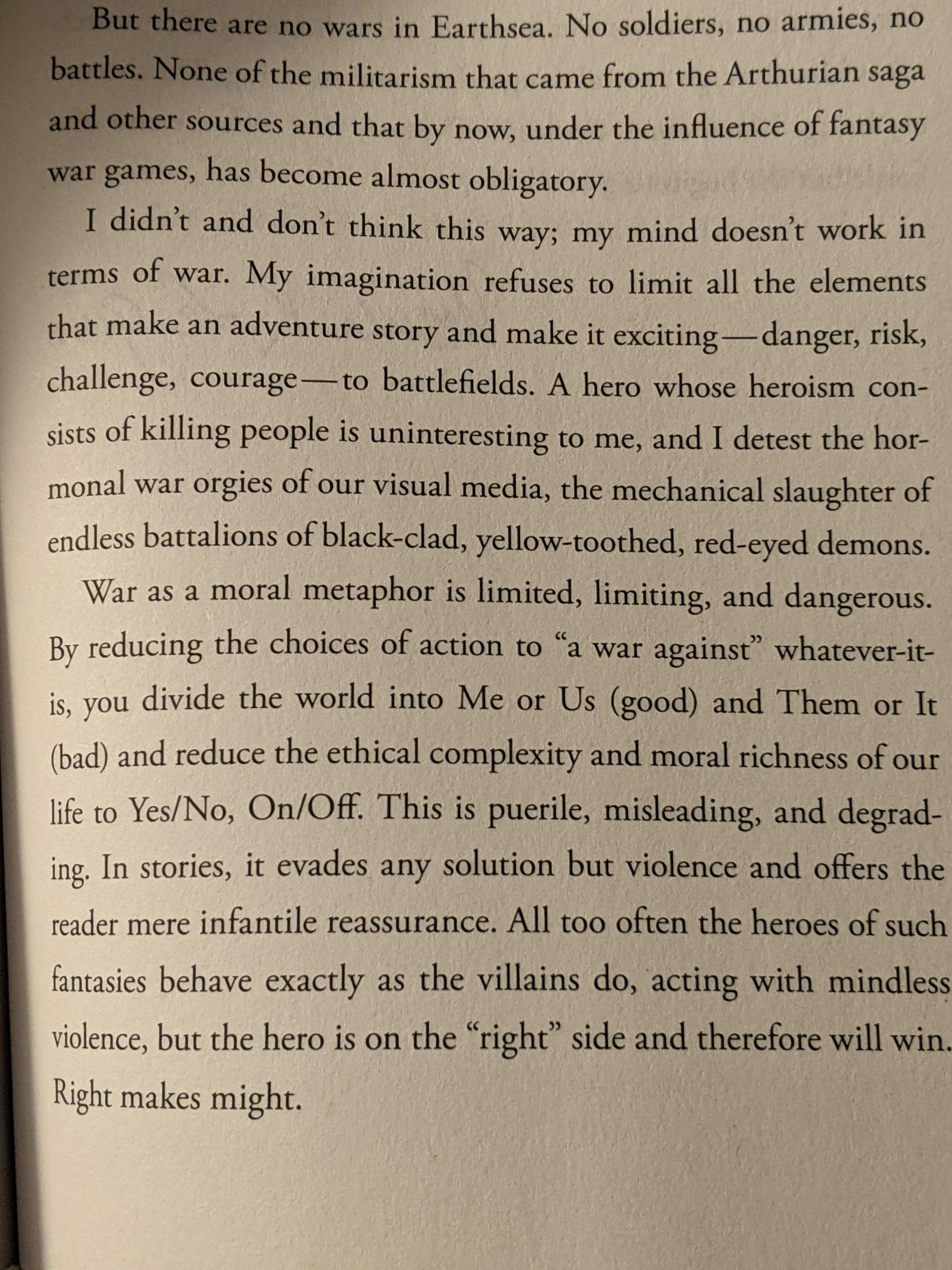Here are a few quotes from the aforementioned essays by Kôbô Abe about sci-fi's relationship to facts and the joy of discovery.
Here's a reminder that, when confronted with a terrible, tiny-text page like this, you can click the Reading View on most browsers to make it show the text at a better size! or just hit cmd + = a few times on a Mac to make stuff bigger!
But rather than question whether Poe’s findings are verified by the facts, shouldn’t we rather ask whether he manages to elicit in his readers the feeling of surprise that accompanies discovery? In literature, proximity to discovered facts is far less important than adherence to the internal laws of discovery itself. In other words, it’s a question of forming a hypothesis and then seeing to what extent you can erect a new system of rules, utterly different from the existing rules of our everyday lives.
Maybe what we call the everyday is just thought without hypotheses. Or rather hypotheses exist, but they cling so stubbornly to phenomenal reality that they have already lost their function. When a fresh hypothesis is brought in, the everyday is suddenly destabilized and begins to take on strange new forms. It becomes activated, objectified, and our consciousness is roughly shaken.
Ghost Stories that do not Believe in Ghosts. If I am correct above, then the “s” of sf need not stand for science. Not only would semi-science do just as well, but one could use anything that made an effective hypothesis, even something without any appearance of the scientific. The observation I made earlier—that the term science fiction today is used to include horror and fantasy—is not something due simply to the fledgling state of the genre. Rather, it is because of the fundamental nature of science fiction that this conflation occurs.
Actually, it is said that Poe’s initial motive for writing these science fiction-like works was a desire to ironize or parody the taste for the grotesque that was sweeping society at the time. From their very inception, then, science fiction and horror shared a common lineage.
Nonetheless, science fiction and horror are not the same thing. The difference, obviously, lies in whether the monster is simply a monster, or whether it represents a hypothesis with which to plumb reality. For example, Poe’s creatures are certainly hypothetical beings, but that quality of hypothesis is diminished in the monsters of E.T.A. Hoffmann. So while we can refer to Poe as a pioneer in science fiction, it is rather more difficult to call Hoffmann a science fiction author. Perhaps one could say that a ghost story writer produces ghost stories that believe in their own ghosts, while the science fiction author writes ghost stories with no such belief.
I'm into this framing!
Then there's a whole section about Frankenstein that's great. Just a couple of excerpts:
Thanks to the movies, Frankenstein has achieved the rank of a horror superstar, but in the films he never moves beyond the status of a horror to believe in—in other words a ghost story monster rather than a hypothetical one. The screen versions are less science fiction movies than horror movies. [... In the book,] this horrible monster is actually nothing less than a hypothesis for plumbing the depths of human love and solitude. Unlike the films, this is straight science fiction. If movies don’t rapidly develop to the point where they can treat the monster hypothetically, there will never be a science fiction movie in the true sense of the term.
And then the second interview is very applicable 60 years later, during the Disneyfication of the fantastic in film, and the franchising of compulsory, meaningless heroism in games:
There is a passage somewhere—in a Thomas Mann novel, I think—to the effect that long ago, before a lion was called a lion, it was a supernatural being to be feared like a demon; but once it had been given the name “lion,” it became just another wild animal that could be overcome by humans. There is no question that unknown objects are much more disturbing than those we know; they also have a far greater potential energy. An unknown monster X in the forest is far more frightening than the familiar lions on view at just about every zoo in the country. This is the common ground of the mystery, science fiction, and ghost-story genres. Although each is written in a different way, all are firmly rooted in the same quest for things unknown, the same world of enigma.
I suspect, however, that science fiction, which used to stand for challenging the unknown, has recently come to side instead with the ready-named. The mysterious fascination and vigor that it should be the explorer’s privilege to seek has rather taken on the air of a circus lion.
The question “What is literature?” is impossible to answer, and for that very reason—like the definition of mankind, or being, or the world—it is able to be an eternal question.
We need the same degree of modesty when it comes to science fiction. It is high time that people stopped throwing tantrums like so many spoiled children the moment anyone portrays the genre in a way different from their own conceptions of it.
What use is it inoculating readers against sf or putting it on a leash? But turning sf into a performing lion means just that. By the same token, it is no wonder that sf, as the number one monster-hunter among the genres of literature, is a bigger monster than its quarry. And that is why I am among those who value it as the very literature among literatures. When I look at the state of Japanese literature, a dressed-up herbivore fawning on weak-kneed pseudo-lion tamers called critics, my hopes rest all the more fervently on the monstrousness of science fiction.
And then, particularly for Noam:
Seeing that our sf faction, through regular contact with aliens, has accumulated a wealth of experience with patterns of invasion, I suggest that we use our expertise to infiltrate. Since my strategy is secret, I am unable to disclose any operational details, but I am sure that simply writing this will inspire all the readers on our side to plenty of merry tactics: seeking out new dimensions, shape-shifting, time travel, and operations involving metamorphosis, uncertainty, parody, etc.
Indeed, we may have gone into action already. The monster sf is not to be gauged by common sense, and it may already have taken up the fight without our knowing it. Surely, then, it is all part of a plan that the science fiction boom never actually progressed beyond fandom, or that SF Magazine has still not achieved the biggest circulation in Japan. Yes, as long as science fiction continues to be unnameable, we need not give up hope.
And as an addendum, here's a page Ryan showed me from the afterword to Wizard of Earthsea.

I love this. And all of this circles around to a growing frustration I have with games that insist on using tired, medieval settings — whether set in the past, future, or another world, almost all games manage to be medieval, if you know what I mean!! — to tell empty stories about power grounded in nothing, simply to facilitate comfort(?) or approachability(?) or simply an extreme shortage of imagination????? I'm absolutely exhausted by it, and trying my best to come up with other paths for games that can still be mechanically compelling or even familiar, while refusing to simply inhabit any of the shells littering the beachhead of culture.
WE'LL SEE!!!
And see also:
